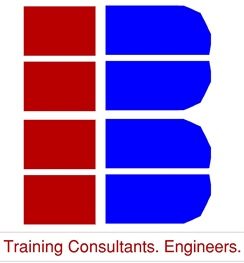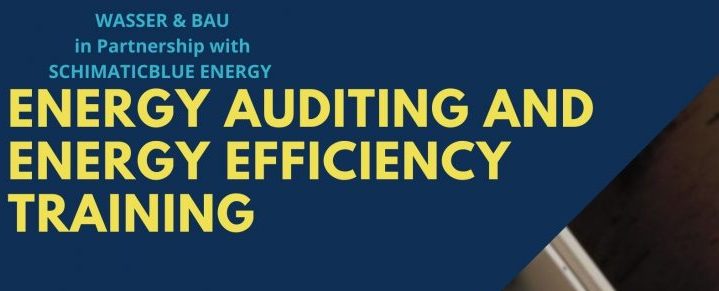Training Objectives
The objective of the training is to teach participants the basics in Energy Auditing and Energy Efficiency planning in building and industry. Also participants will be introduced to the use of computer software and MS Excel in Energy managment and reporting called Epanet to model and stimulate the network and see its practicability.
The training will prepare particioants who are interested in obtaining a certification from the Associaion of Energy Engineers, AEE in USA
Who Should Attend
The Training is designed for practitioners, employees and trainees in the Energy and Power Sector; Climate Change and Evironmental Sustainability advocates; Facility and Building Managers; Energy entraprenures; Energy Efficiency and Renewable Energy project developers and enthusiast; Etc
Course Content
Module 1- Energy Auditing
LEARNING OBJECTIVE
Upon completion of this module, participants should be able to;
- Follow a systematic step by step process to successfully deliver the audit.
- Understand the fundamental principles of producing a trustworthy energy audit report that is persuasive.
- Work with those operating the facility being audited to maximize the benefits of the audit with the resources available.
- Collect, analyze and interpret energy consumption data.
- Understand the critical information that needs to be collected on-site and how to find it.
- Understand which tools and instruments are needed to aid in site analysis and how to use them.
- How to ensure audits are undertaken safely.
Module 2- Energy Efficiency
LEARNING OBJECTIVE
Upon completion of this module, participants should be able to;
- Recognize key energy resources and the energy generated
- Examine and explain the process of transmitting energy
- Define Key Performance Indicators: energy intensity and efficiency, units and use.
- Learn different approaches for energy efficiency: operation improvement, operating conditions optimization and other significant improvement solutions (pinch analysis, alternative technology, process design, best available techniques)
- Learn where efforts should be focused so that companies can achieve ongoing energy savings
- Identify those energy uses that offer substantial energy saving potential
- Identify savings opportunities
- implement an analysis of current energy needs in an industrial plant and make improvement proposals
- Propose ways and means for reducing energy consumption and CO2 emissions.
Module 3 –Cost Analysis & Accounting
LEARNING OBJECTIVE
Upon completion of this module, participants should be able to understand and evaluate;
- Economic and financial aspects of RE and EE projects
- Project life cycle cost concept and basics of dynamic economics calculation for comprehensive EE & RE investment projects
- Economic, financial & bankability concepts
- RE and EE financial risks and how to evaluate, mitigate and avoid these risks
- Standards aspects of bankable RE and EE projects
- Investment grade calculation tool for RE and EE complex projects
- Calculating own energy performance/energy supply contracting projects
- Business evaluation models of RE and EE programs and project returns and risks


